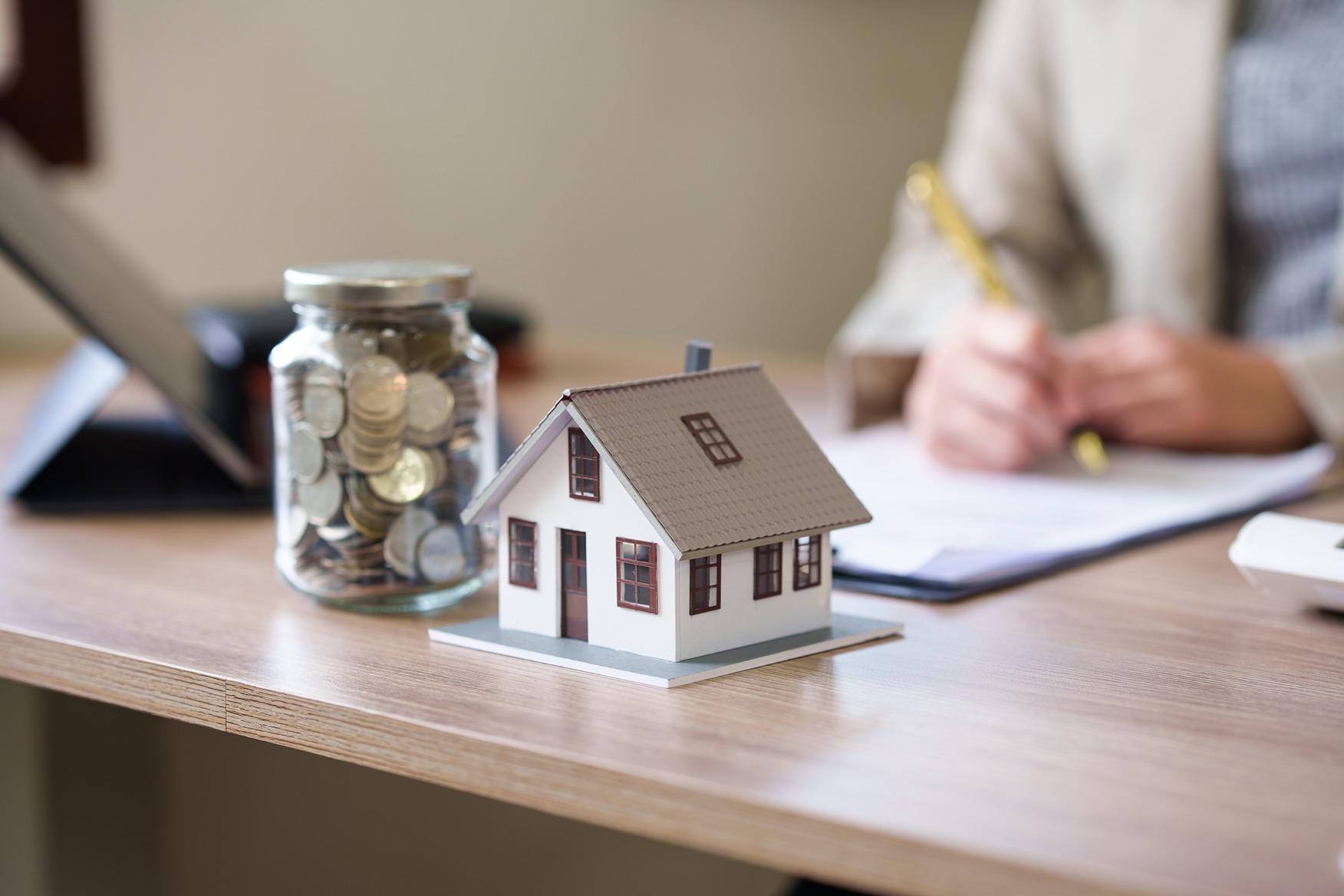
How to Sell Your Home
Why do you want to sell your home?
Whether you need to relocate for work or want more space for your growing family, the answer to this question is the starting point. Selling your current home and buying a new one can be an excellent decision if you have enough equity, need more or less space or want to change location.

What Can I Afford to Buy?

Understanding your property’s value and its admin costs is essential before you move to sell. Calculate how much you owe to your mortgage provider and how much is yours.
How much does it cost to sell a house?
Some hidden costs you may encounter when selling your home include the following:
- Estate agent fees (between 1% to 3% of the sale price)
- Conveyancing fees (£800 to £1,800)
- Removal costs (£400 to £1,800)
- Remortgaging fees (£1,000)
- Paperwork expenses, like the Energy Performance Certificate (£60 to £120)
These are just estimates; actual costs may vary.

What documents do you need to sell a house?

When selling your home, some documents are essential. These include the following:
- Energy Performance Certificate (EPC)
- FENSA Certificate for windows and doors
- Boiler Safety Certificate
- Gas Safety Certificate
- Electrical Installation Certificate
/8593_04_dwh_strumbolds_buckingham_street_scene.jpg)
Do I need an estate agent to sell my home?
Selling your home yourself can reduce costs. However, estate agents can offer valuable insights into the property market and do most of the legwork for you. They can also help you establish your home’s worth.
How do I choose an estate agent?
When choosing an estate agent, check how quickly they sell properties on average, their success rate and how often they achieve the asking price.
Do I need a solicitor to sell my home?
Yes, you need a solicitor or a conveyancer to sell your home. They’ll manage your deed transfer and liaise with your mortgage lender to finalise the paperwork.
How much should I sell my home for?
Research the property market to determine the average sale price of homes like yours. Estate agents can also help evaluate your property.
When should I put my house on the market?
Wondering when to put your house on sale? Springtime is your best bet, as many buyers want to settle before the summer. This can vary based on individual priorities. For example, teachers may look to move home during the summer holidays (June to September). October and November are also excellent months to put your house on the market, as many buyers like to move before Christmas.
How long does it take to sell a house?
Selling your home takes an average of 25 weeks. The first few weeks after your property goes onto the market are vital, as this is when it’s most likely to go under offer.Here is a rough timeline of how long it takes to sell a house:
• Listing the property (1 to 3 days)
• Marketing the property and waiting for an offer (1 to 14 weeks)
• Conveyancing and financing process (8 to 16 weeks)
• Exchanging contracts (1 to 2 weeks)
What Offer Should I Accept?
There are a few things to consider before accepting an offer on your home:
- Does the offer reflect a fair price for your home?
- Can the potential buyer finalise the purchase?
- Are they cash buyers or involved in a chain?
And remember:
- You don’t need to accept the first offer made
- You can negotiate with potential buyers
If you receive more than one offer on your home, you can request sealed bids, where your estate agent asks both parties to write down their maximum amount.

What happens after I accept an offer on my home?

Once you’ve accepted an offer, it’s time to make it official.
- Your solicitor will draft the contract for you and your buyer to sign.
- After you sign, you’ll exchange contracts with your buyer, and the sale becomes legally binding.
- Finally, you receive part of the agreed payment, and the legal deeds are passed from your solicitor to your buyer’s solicitor.

Advice for selling your home
Taking the leap and selling your home can be scary. It can also be one of the most rewarding decisions you make for yourself and your family. Here’s some helpful advice for selling your home.
Plan ahead
Selling your home can be time-consuming, so planning ahead is vital. Arrange your finances and set your budget. If you’re still within mortgage terms, find out if you’ll owe any early termination fees.
Give your home a new lease of life
Ensure your home looks its best inside and outside before going on the market. A few simple touches can give lived-in properties a new lease of life, attracting more potential buyers. Consider painting, tidying the garden and repairing any broken fixtures.
Find a good estate agent and solicitor
Estate agents and solicitors can help speed up selling your home. They’ll get your property valued and handle the paperwork, reducing your admin and making the process straightforward.
Selling your home with David Wilson Homes
Explore our Movemaker, and Part Exchange offers, perfect if you want to sell your home. First-time buyer? Our Bank of Family scheme could be ideal. Living in Wales, you can benefit from our Help to Buy – Wales offer.
Explore our brand-new properties online before calling our Sales Advisers to take the next step in your homebuying journey.
Help to Sell Schemes
We have a range of schemes to help you sell your existing home.
Bank of Family
Parents can also help. Typically they (or a close family member) could help you with your deposit, or guarantee your mortgage, or act as a joint applicant.
Low Deposit Schemes
If you have a low deposit, we have a variety of schemes to help make moving more affordable.
Key Worker Scheme
We could help make your move with our Key Worker Deposit Contribution Scheme.
Own New - Rate Reducer
Own New - Rate Reducer is a brand-new scheme available on new build homes that could mean lower mortgage rates and reduced monthly payments.
Part Exchange
We could be your guaranteed buyer. No stress or fuss, just an easy move for you and your family.


